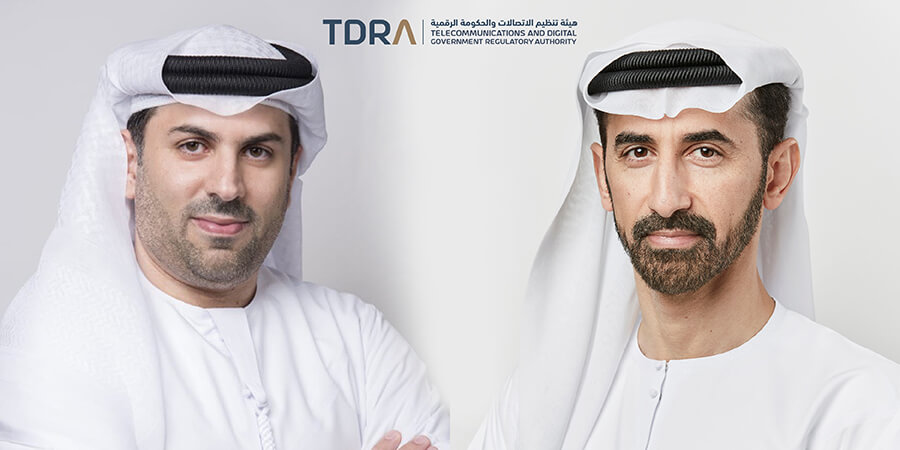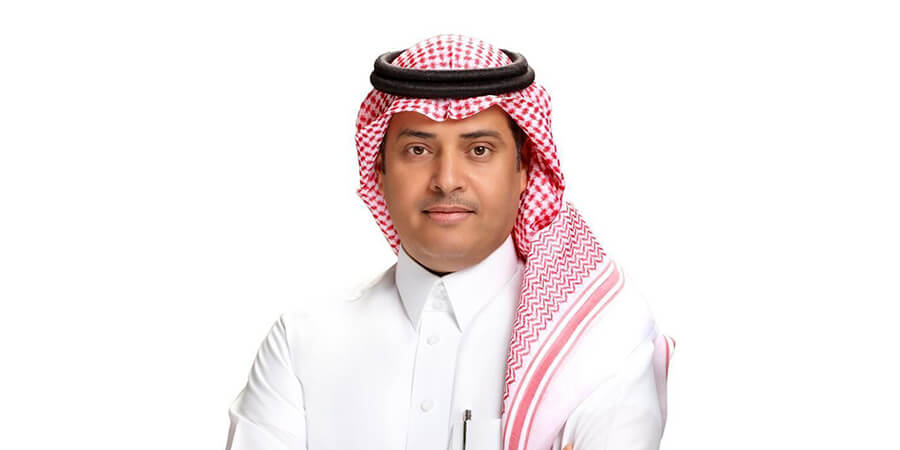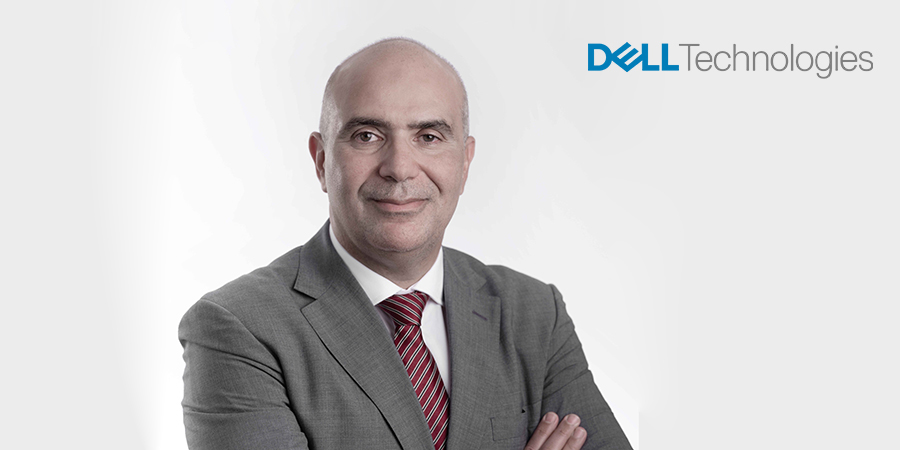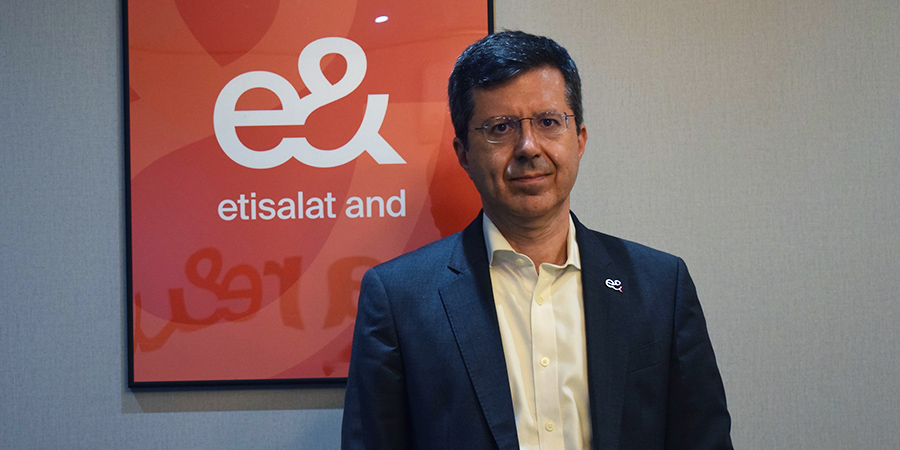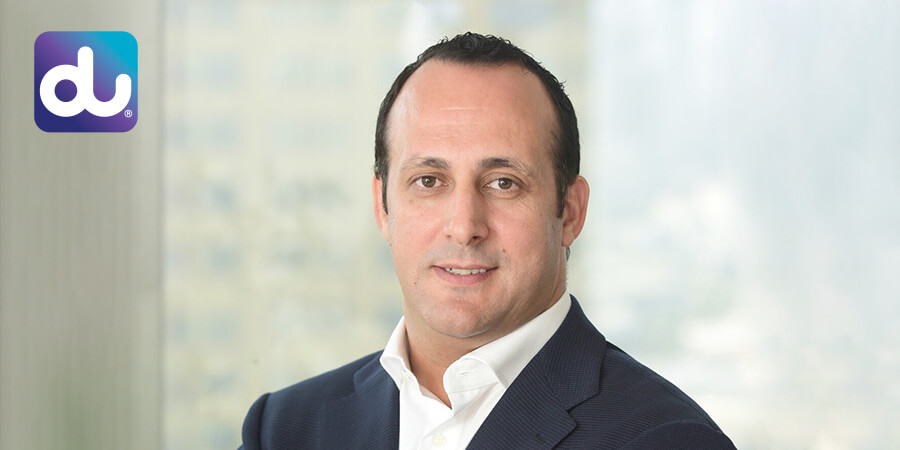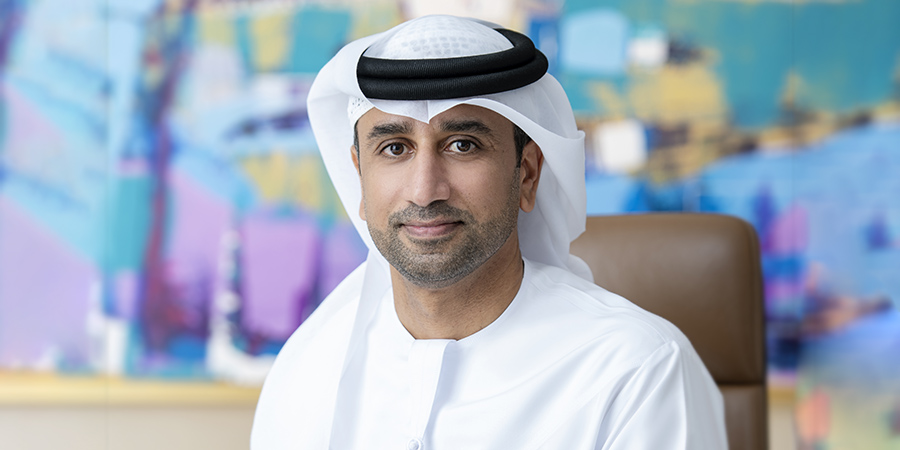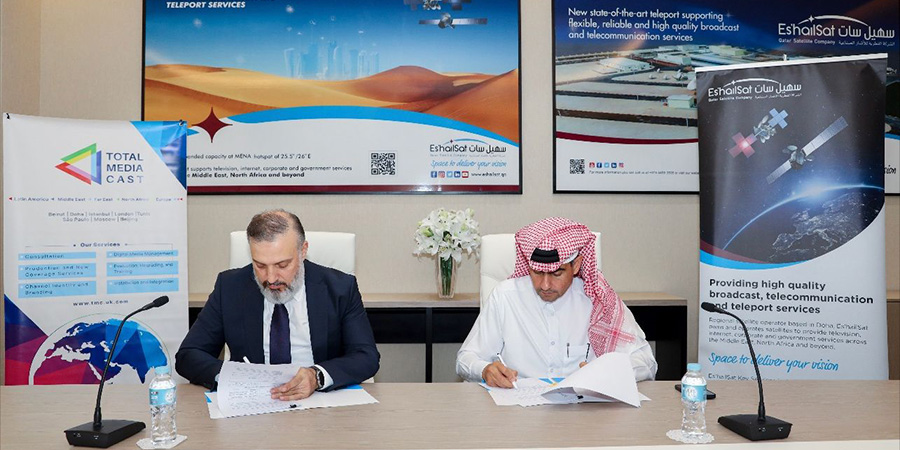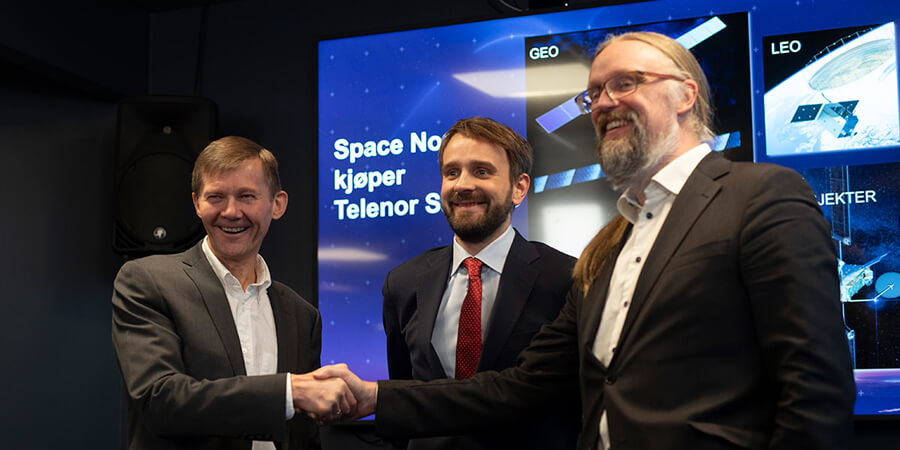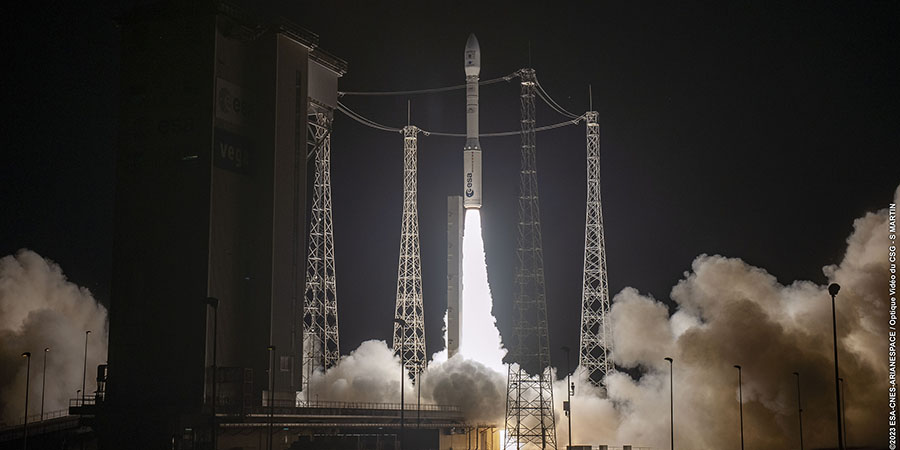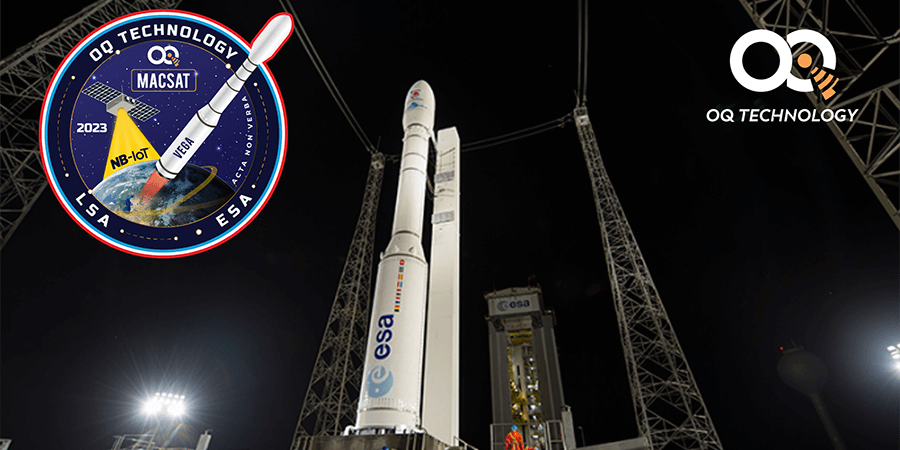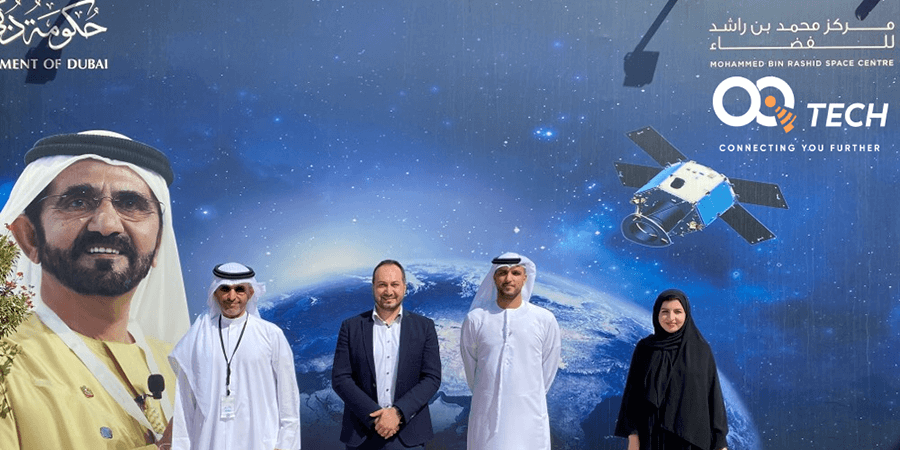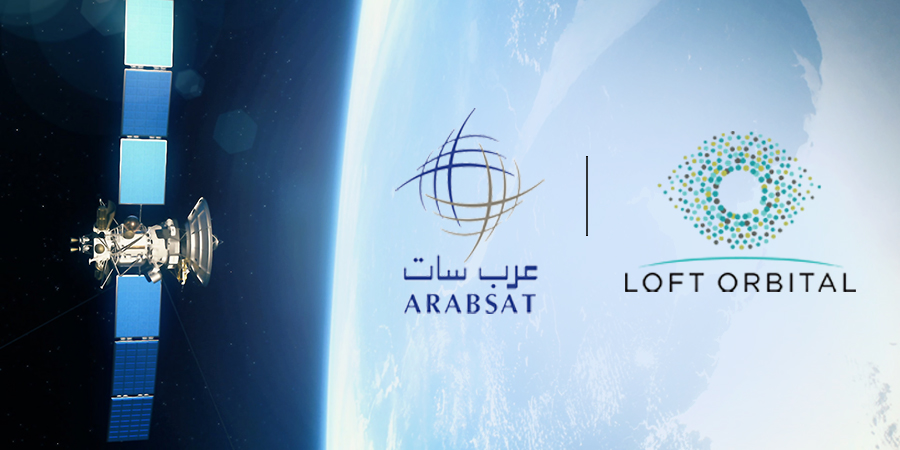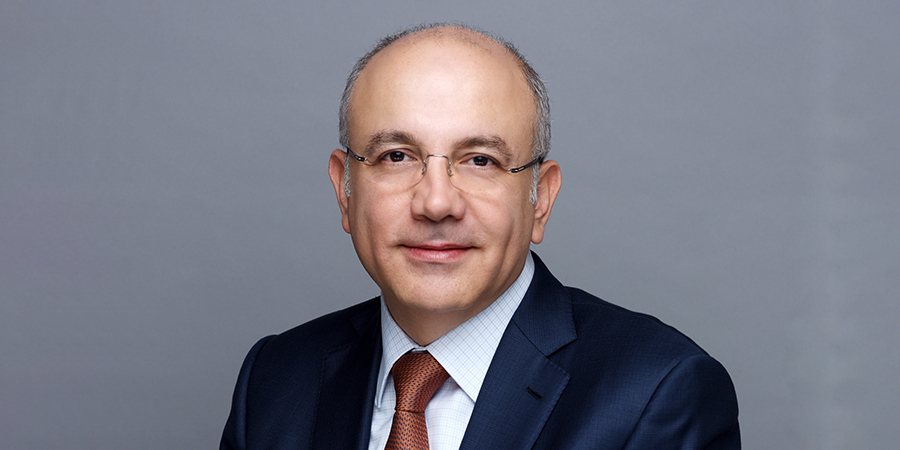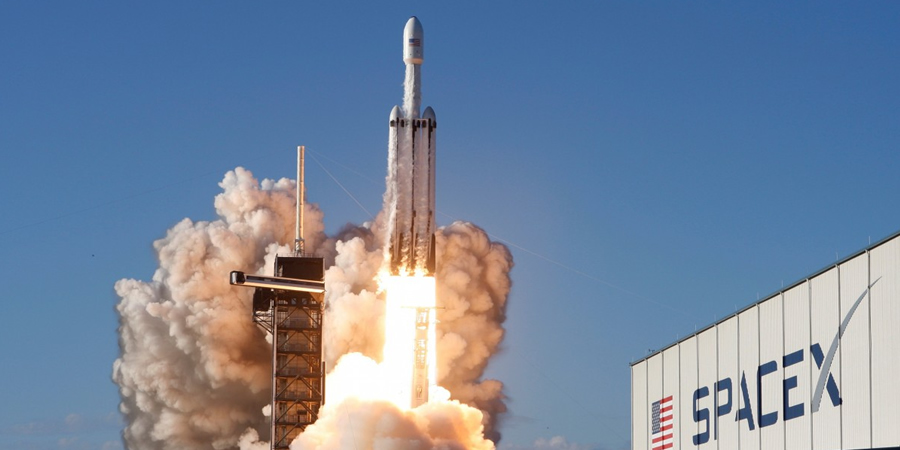US aerospace manufacturer SpaceX which was founded by South African entrepreneur Elon Musk has successfully carried out its first commercial launch.
The company confirmed that its Falcon Heavy rocket eased a Saudi telecoms satellite into orbit following the launch which took place in Cape Canaveral, Florida.
It was disclosed that around 34 minutes after takeoff, the shiny silver satellite was successfully deployed, much to the delight of SpaceX staff located in the control room.
The Falcon Heavy rocket exerts 5.1 million pounds of thrust -- that of more than a dozen jetliners, SpaceX said.
The rocket carried a Saudi Arabian satellite operated by ARABSAT, a year after sending SpaceX founder Elon Musk's slick red Tesla roadster into orbit as a test.
The Falcon Heavy had been initially scheduled to lift off from the Kennedy Space Center, but that was delayed because of strong winds in the upper atmosphere.
The job was to place the six-ton Arabsat-6A satellite into geostationary orbit about 22,500 miles (36,000 kilometers) above the Earth. It went off without a hitch and no technical issues were reported by SpaceX.
The satellite is designed to provide television, internet, telephone, and secure communications to customers in the Middle East.
SpaceX has two operational rockets: the Falcon 9, which with 21 launches in 2018 dominates the US market, and the Falcon Heavy, which as its name suggests is designed to lift much heavier payloads into more distant orbits.







